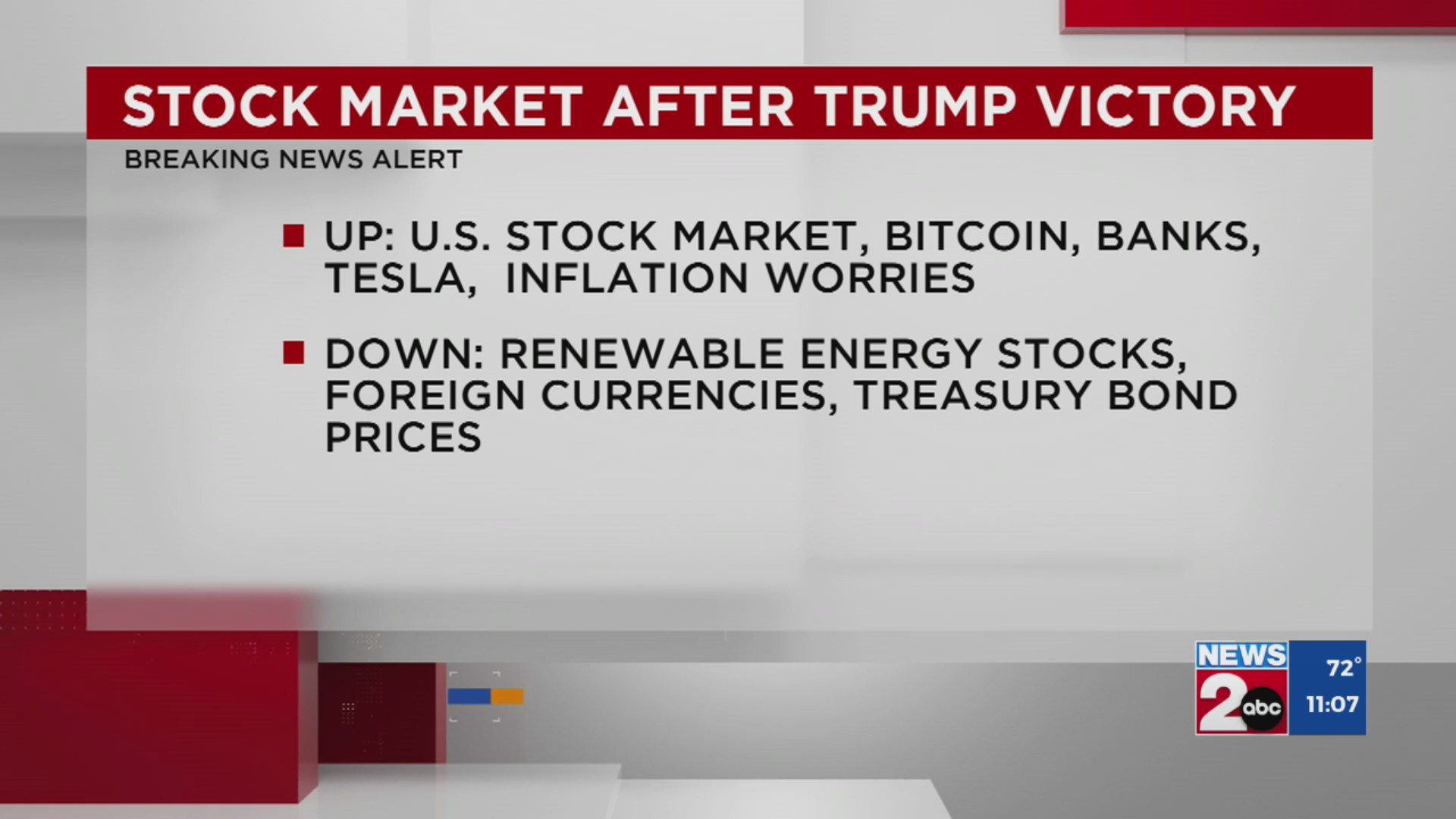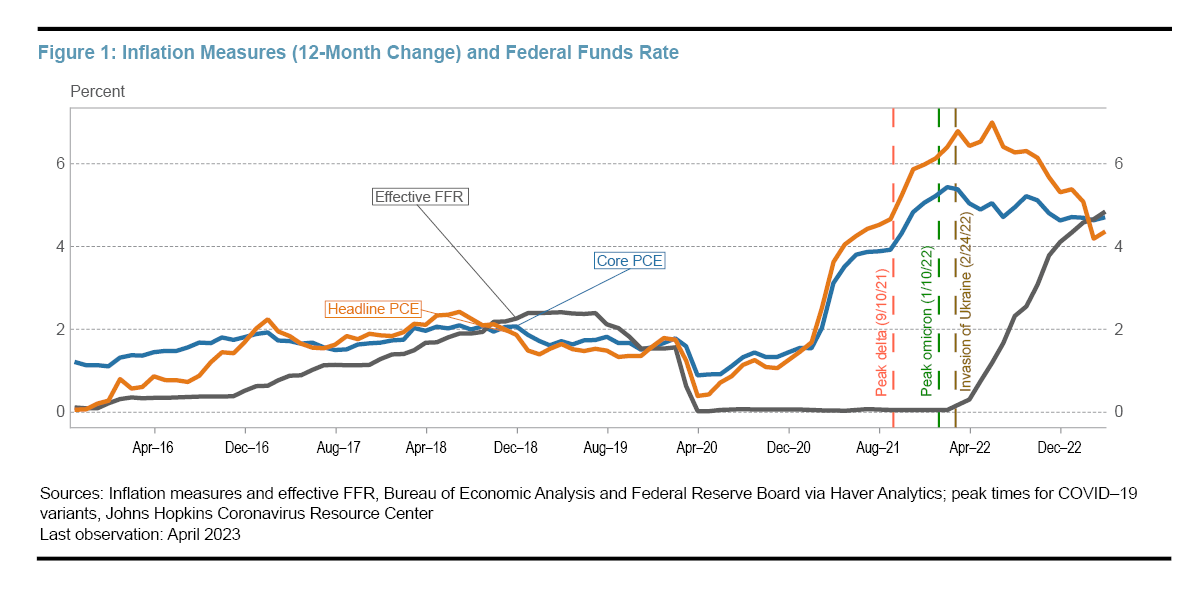Beyond Canada: China's Search For New Canola Suppliers

Table of Contents
Geopolitical Factors Driving the Search for Alternative Suppliers
The strained relationship between Canada and China has been a primary catalyst for China's diversification efforts in its canola supply chain. Trade disputes and sanctions, imposed on various grounds, have significantly disrupted the previously reliable flow of Canadian canola into China. This instability has highlighted the vulnerability of relying on a single major supplier, prompting China to actively seek alternative sources.
- Specific examples of trade disputes: The 2019 suspension of Canadian canola imports due to phytosanitary concerns exemplifies the fragility of bilateral trade relations and the abrupt impact on import volumes. Subsequent accusations of contamination and other trade barriers further underscored the risks associated with over-reliance on a single source.
- Alternative trade agreements: China is actively pursuing stronger trade relationships with other canola-producing nations, potentially negotiating favorable agreements that provide greater security and access to alternative suppliers. This includes strengthening existing ties with Australia and exploring new possibilities in other regions.
- Political stability: Political risk assessment is now paramount in China's canola sourcing strategy. Stability within the supplying country, coupled with predictable and consistent regulatory environments, are key factors influencing supplier selection.
Assessing Alternative Canola-Producing Countries
Several countries are emerging as potential alternative canola suppliers for China. A comparative analysis reveals both opportunities and challenges:
- Australia: Possesses a significant canola production capacity and well-established trade relations with China. However, factors like transportation costs and potential climatic vulnerabilities need consideration.
- Strengths: Large-scale production, existing trade infrastructure.
- Weaknesses: Distance from China leading to higher transportation costs, susceptibility to drought.
- Ukraine: A major canola producer in the Black Sea region, Ukraine offers competitive pricing. However, ongoing geopolitical instability significantly impacts production and export capabilities.
- Strengths: Large production capacity, geographically closer than Australia.
- Weaknesses: Geopolitical risks, infrastructure challenges, export disruptions.
- Russia: A substantial canola producer with proximity to China, offering potential for reduced transportation costs. However, concerns regarding political relations and potential sanctions pose significant hurdles.
- Strengths: Proximity to China, large production potential.
- Weaknesses: Political and economic sanctions, concerns about food security.
- France: While possessing a comparatively smaller canola production base compared to the others, France's established agricultural sector and strong trade ties with China present a viable, albeit smaller scale, alternative.
- Strengths: High-quality production, established trade relations with China.
- Weaknesses: Relatively smaller production capacity compared to other contenders.
The Role of Global Supply Chains and Market Dynamics
Global supply chain disruptions, exacerbated by factors like the COVID-19 pandemic and climate change, have highlighted the vulnerability of relying on just-in-time delivery systems. The price volatility of canola in international commodity markets also adds another layer of complexity to China's import strategy. Long-term contracts and supplier reliability are increasingly crucial to mitigate these risks.
- Impact of climate change: Extreme weather events affecting canola harvests worldwide emphasize the importance of geographic diversification to safeguard against production shortfalls.
- Future canola demand in China: Projected increases in canola consumption in China necessitate proactive measures to secure sufficient supply, driving the need for diversification and domestic production expansion.
- International commodity markets: Understanding the interplay of global supply, demand, and price fluctuations is crucial for China in making informed decisions regarding its canola import strategy.
Investing in Domestic Canola Production in China
Recognizing its reliance on foreign suppliers, China is actively investing in domestic canola production. However, increasing domestic output presents significant challenges:
- Government policies: Subsidies, technological support, and land allocation policies are key elements of China's efforts to boost domestic canola farming.
- Technological advancements: Investment in research and development aims to improve canola yields, resilience, and quality to compete with imports.
- Challenges: Limited arable land, water scarcity, and the need to overcome existing infrastructural limitations hinder rapid expansion of domestic canola production.
Securing China's Canola Future: A Multifaceted Approach
China's search for new canola suppliers is a multifaceted endeavor driven by complex geopolitical factors, dynamic market conditions, and a concerted push for domestic production growth. Diversification is crucial for ensuring China's food security and reducing reliance on single-source imports. Understanding China's search for new canola suppliers is critical for navigating the evolving landscape of global agricultural trade. The future of China's canola imports will likely involve a balanced approach, combining strategic partnerships with alternative suppliers and continued investments in domestic canola production. This necessitates further research and open discussions on China's canola supply chain diversification and its implications for global canola and agricultural commodity markets. We urge continued investigation into these issues to fully grasp the global impact of China's evolving canola import strategy.

Featured Posts
-
 Psgs Ligue 1 Triumph A Look At Luis Enriques Coaching Strategies
May 09, 2025
Psgs Ligue 1 Triumph A Look At Luis Enriques Coaching Strategies
May 09, 2025 -
 Investing In Middle Management A Strategic Approach To Organizational Success
May 09, 2025
Investing In Middle Management A Strategic Approach To Organizational Success
May 09, 2025 -
 The Celebrity Antiques Road Trip Behind The Scenes And The Stories Of Success
May 09, 2025
The Celebrity Antiques Road Trip Behind The Scenes And The Stories Of Success
May 09, 2025 -
 Will Trumps Next 100 Days Influence Bitcoins Price A Market Prediction
May 09, 2025
Will Trumps Next 100 Days Influence Bitcoins Price A Market Prediction
May 09, 2025 -
 Will The Fed Hold Rates Analyzing Economic Pressures On Monetary Policy
May 09, 2025
Will The Fed Hold Rates Analyzing Economic Pressures On Monetary Policy
May 09, 2025
